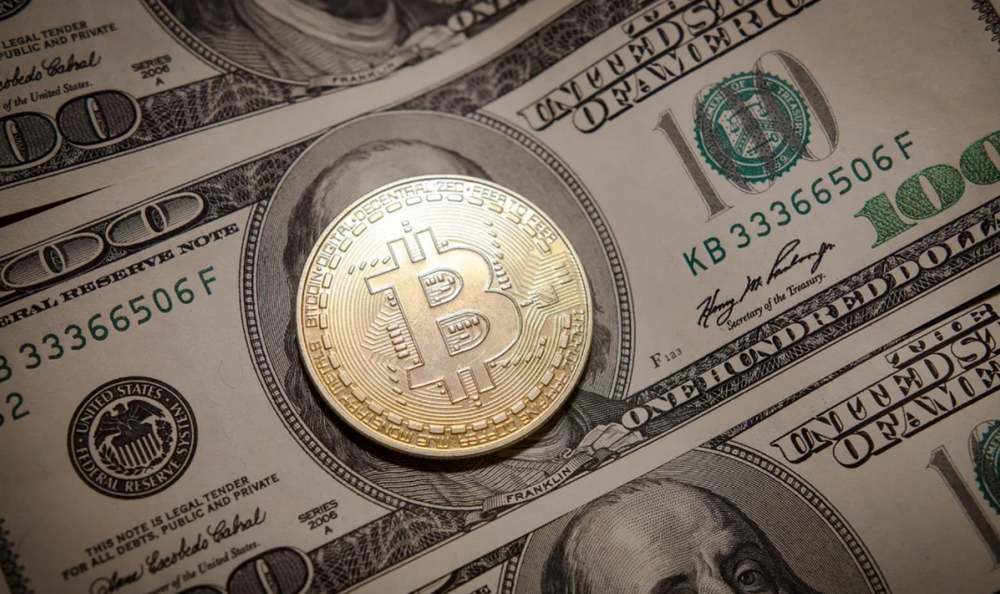Russia's central bank director of legal affairs: "there is more than enough" to ban Bitcoin
Alexei Guznov, director of the legal department at the Bank of Russia, Russia's central bank, acknowledged that it is virtually impossible for the country to ban the use of Bitcoin and other cryptocurrencies. He previously said in an interview with the Russian news agency Interfax that the latest version of the Russian Digital Assets Act will include a ban on the issuance and sale of cryptocurrencies, and that cryptocurrency issuance and transactions should not be legalized in Russia.

Image source: Pixabay
Although cryptocurrencies are not completely legal in Russia, they never seem to be banned. This is the latest news from the Russian government.
- Research Report | The average return of cryptocurrencies in 2019 is far less than that of traditional financial markets, and the risk is more than 5 times that of traditional financial markets
- The South Korean government again allocated 3.9 billion won to support the development of the blockchain, looking for 9 small and medium-sized blockchain companies
- Opinion | Why use blockchain technology to improve the national infectious disease surveillance and early warning system?
Is cryptocurrency safe in Russia?
In Russia, cryptocurrencies have faced chaotic and difficult legal situations. Last month, BeInCrypto reported that some bank accounts linked to cryptocurrencies in the country could be frozen. Cryptocurrency payments have also come under fire for undermining the Russian ruble.
The Russian Central Bank has repeatedly expressed its support for the cryptocurrency ban and is firmly opposed to Bitcoin. However, it seems impossible to enforce such an order-the Russian government has recently fully acknowledged this.
As recently reported, Alexei Guznov, head of Russia's banking legal department, said such a ban is simply impossible. However, he did say that cryptocurrencies are being used for money laundering and illegal activities.
He also emphasized that cryptocurrencies are "not money." However, bitcoin payments cannot be stopped, saying "we are unlikely to limit this."
Russians love cryptocurrencies
Admittedly, cryptocurrencies are still very popular in Russia. However, it is strange that Russians like cryptocurrencies and their governments are opposed.
Last year, news revealed that an aide of Russian President Putin owned a large Bitcoin mine. The Russian state has also been considering establishing a financial center on the border between Russia and China, dedicated to cryptocurrency transactions.
As a result, the Russian government seems more willing to use cryptocurrencies for its own purposes, but wants to prevent its people from doing so. The good news is that now they have acknowledged that they cannot achieve a ban on cryptocurrencies in the country-but that recognition still places the industry at serious risk. This is still good news for those worried that Bitcoin may be banned.
We will continue to update Blocking; if you have any questions or suggestions, please contact us!
Was this article helpful?
93 out of 132 found this helpful
Related articles
- Satoshi Nakamoto disappointed? The description of "Bitcoin as a payment method" is "almost dead"
- Observation | With over 2 million mining machines, is it difficult for a Bitcoin mine?
- Video | Judicial Blockchain 2.0: Smart Contract Opens New Model of Judicial Ecosystem Level
- QKL123 market analysis | US stocks have melted for the fourth time this month, and Bitcoin is still converging (0319)
- Why do cryptography believe? Investigate the theory of computational difficulty behind
- World Economic Forum: Creating a Reputable and Trustworthy Digital Currency (Part 2)
- Viewpoint | Fully open Bitcoin ledger is a double-edged sword





